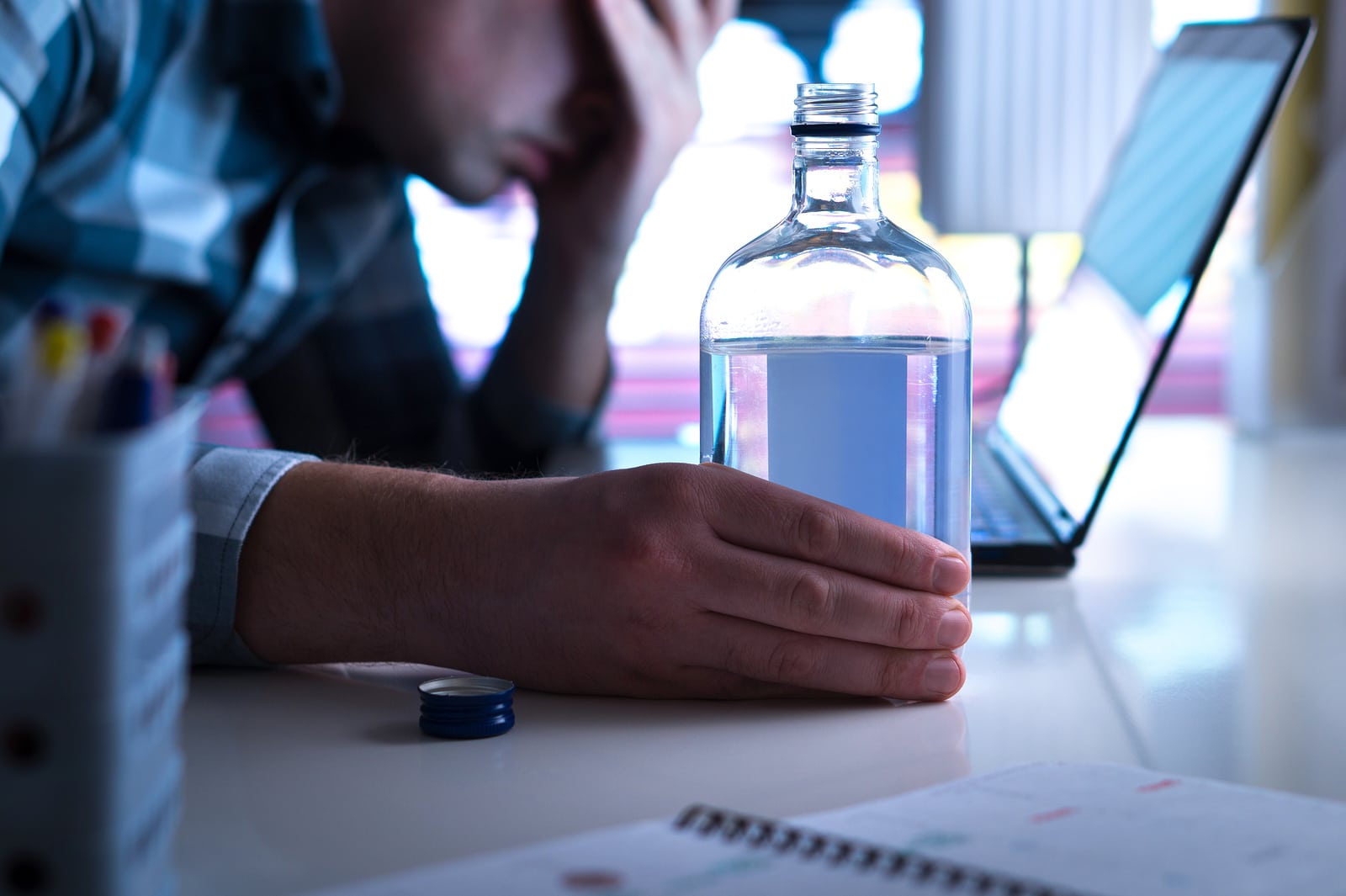By: Design for Change Recovery
Categories:
How Does Alcohol Affect the Body and Mind?
You are here:When you watch someone struggling with alcohol addiction, you might have a hard time understanding why they continue to cling to something that is so clearly disrupting their life. Whatever temporary escape they find in a bottle can’t possibly be worth all the heartache, can it? While you can see some of the direct mental and physical consequences of abusing alcohol, there are profound, long-lasting changes taking place beneath the surface. Alcohol addiction is rewiring the way your loved one thinks and warping how their body functions.
Immediate Effects of Alcohol Consumption
Most people know alcohol use can lead to a temporary loss of coordination and the brain’s ability to operate optimally. Loss of inhibitions, slower cognitive function and poorer decision-making skills are commonly observed behaviors in someone feeling the effects of the drug. While recreational users typically don’t suffer long-lasting harm as a direct result of drinking, their altered state might lead them to engage in risky behaviors, or it could lead to accidents—both of which could have implications far beyond a night of drinking.
Alcohol depresses the central nervous system leading to these observable effects. It also impacts the dopamine-producing area of the brain causing pleasurable feelings. This shift in mental state is one of the primary reasons people choose to drink as it helps them briefly shed stress over life events, daily troubles or social anxiety.
Long Term Effects of Alcohol on the Mind
That triggered dopamine release may become the only way someone is able to experience pleasure with enough use. They may lose interest in activities or relationships that previously brought them joy.
Some people seek solace in alcohol when they’re suffering from depression, anxiety or other mental health issues. This quickly becomes a problem because the alcohol only helps them deal with the issue temporarily. With continued use, withdrawal symptoms enter the picture and can increase the negative thoughts and feelings leading to more and more alcohol being consumed. They become stuck in a cycle of highs and lows that make it difficult to see another way out.
How Alcohol Affects the Body Over the Long Haul
People who drink one or two alcoholic beverages per day are at greater risk for developing a number of cancers. Heart damage resulting from long-term alcohol use can lead to high blood pressure, irregular heart beat or stroke. An alcoholic’s immune system doesn’t operate optimally which can lead to infections and disease. Issues can occur with the pancreas that cause problems with digestion. Liver damage and disease are also common among heavy drinkers.
If these issues weren’t serious enough on their own, long-term misuse or inappropriate use can also cause physical damage to the brain resulting in permanent issues with cognitive ability. In these cases, slower thought processes and difficulty concentrating might persist even when sober. The brain can shrink under a steady assault by alcohol, and there are a variety of brain disorders that have been linked to chronic alcohol misuse or inappropriate use.
For Help with Alcohol Addiction, Contact Design for Change
Alcohol addiction is a serious disease that damages the mind and the body. Its pull is so strong that a person may try to quit several times without success largely due to the effects the drug has had on their body and mind. At Design for Change, our well-rounded approach has helped many clients find and maintain sobriety. Our residential rehab center in Lancaster, California provides a safe space for your loved one to learn about their addiction. With a quality 12-step program, we can give them the tools they need to recover. If cost is a concern, your insurance provider might be able to help. Our addiction experts are here to answer any questions you might have. Call now for a confidential consultation.


